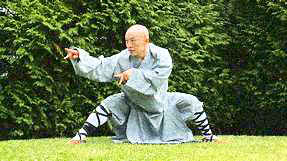“WHICH GOD IS WHICH?”
“God has no religion.”
~Mahatma Gandhi
When most people think of God, they think of religion. But really, can God have a religion? Did God create religion? No…man did.
There are over 4,000 religions in the world today, according to Adherents an independent, non-religiously affiliated organization that monitors the number and size of the world’s religions. Adherents divides religions into churches, denominations, congregations, religious bodies, faith groups, tribes, cultures and movements.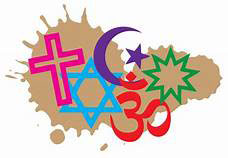
Nearly 75 percent of the world’s population practices one of the five most influential religions of the world: Buddhism, Christianity, Hinduism, Islam and Judaism.
If non-religious people were classified as a group, they would be the world’s third largest group.
It’s human nature to believe that a chosen religion is superior because it’s, well, chosen. But lets think about who’s doing the choosing.
Most of us are born into a religion through a familial lineage. Some stay with the beliefs they are taught growing up and others either convert to another religion or drop out all together.
But why do we have religions in the first place? There are a lot of thoughts on that subject. Some feel that religion is a way to control large groups of people; others feel religion helps shape character and teaches morality. And then there are those that see religion as a path to God, Heaven, Eternal life etc.
If you study the early writings and philosophies of all religions, you find common themes. They all acknowledge that there is a creative, divine force of some sort. They all seem to have the goal of getting back to that divine place with The Divine Creator.
There’s a common rule across the board:
 “All things whatsoever ye would that men should do to you, do ye so to them; for this is the law and the prophets” – CHRISTIANITY
“All things whatsoever ye would that men should do to you, do ye so to them; for this is the law and the prophets” – CHRISTIANITY
“This is the sum of duty; do naught unto others 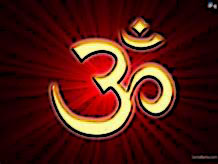 what you would not have them do unto you.” HINDUISM
what you would not have them do unto you.” HINDUISM

“Do not do to others what you would not like yourself. Then there will be no resentment against you, either in the family or in the state.” CONFUCIANISM
“Hurt not others in 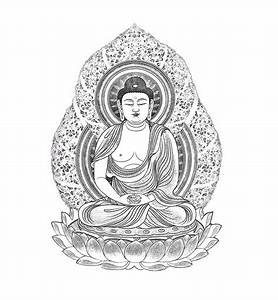 ways that you yourself would find hurtful.” BUDDHISM
ways that you yourself would find hurtful.” BUDDHISM
 “No one of you is a believer until he desires for his brother that which he desires for himself.” ISLAM
“No one of you is a believer until he desires for his brother that which he desires for himself.” ISLAM
“What is hateful to you, do not do to your fellow man. This is the entire Law; all the rest is commentary.” JUDAISM
fellow man. This is the entire Law; all the rest is commentary.” JUDAISM
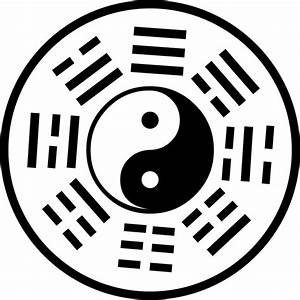 “Regard your neighbor’s gain as your gain and your neighbor’s loss as your own loss.” TAOISM
“Regard your neighbor’s gain as your gain and your neighbor’s loss as your own loss.” TAOISM
“That nature alone is good which refrains from 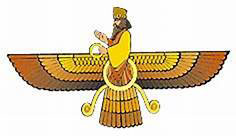 doing to another whatsoever is not good for itself.” ZOROASTRIANISM
doing to another whatsoever is not good for itself.” ZOROASTRIANISM
I’m a religious person. I know that the path I have chosen to follow is sacred for me. It teaches and inspires me. It also tells me that I may not try to convert others away from their paths and on to mine. I must honor the walk and the dreams and the aspirations of my fellow brothers and sisters.
There is as much brilliance and vibrancy in religious traditions worldwide as there is in world music, art and literature. It’s fascinating to learn what inspires greatness in others.
So if you believe that your religion makes you a better person and I believe that my religion makes me a better person, why would either of us want to change the other?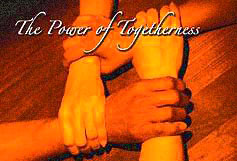











 Dogs are intuitive creatures. They’ve spent hundreds of year with us, silently watching, knowing and waiting patiently for our attention. They cannot speak our language but somehow they adapt to what we need. Whatever we try to teach them, they try to learn.
Dogs are intuitive creatures. They’ve spent hundreds of year with us, silently watching, knowing and waiting patiently for our attention. They cannot speak our language but somehow they adapt to what we need. Whatever we try to teach them, they try to learn.
 For example: Wicket. They found Wicket in a shelter. The shelter said she was crazy and they didn’t want her. WDFC said, “She’s just the right kind of crazy for us.” Wicket is now considered one of the world’s finest conservation detection dogs.
For example: Wicket. They found Wicket in a shelter. The shelter said she was crazy and they didn’t want her. WDFC said, “She’s just the right kind of crazy for us.” Wicket is now considered one of the world’s finest conservation detection dogs.


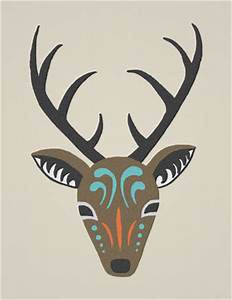
 CHRISTIAN TRADITION: For Christians the deer is a symbol of piety, devotion and God taking care of his children. The legend of Saint Eustace tells of the Roman general who was out hunting and came across an enormous and beautiful deer. When he looked into the eyes of the magnificent creature, the light of Christ shone bright and the voice of God spoke to him through them. He gave up hunting and became a devoted Christian, honoring all of God’s creation.
CHRISTIAN TRADITION: For Christians the deer is a symbol of piety, devotion and God taking care of his children. The legend of Saint Eustace tells of the Roman general who was out hunting and came across an enormous and beautiful deer. When he looked into the eyes of the magnificent creature, the light of Christ shone bright and the voice of God spoke to him through them. He gave up hunting and became a devoted Christian, honoring all of God’s creation.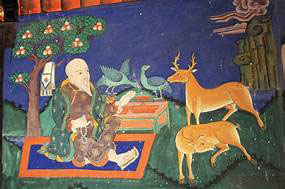
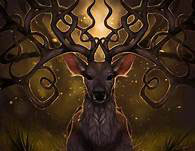
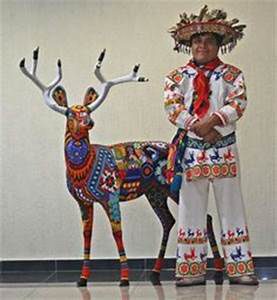
 NATIVE AMERICAN TRADITION:
NATIVE AMERICAN TRADITION:
 Feel the power in the gentle, giving and sacred being of this most stunning creature.
Feel the power in the gentle, giving and sacred being of this most stunning creature.

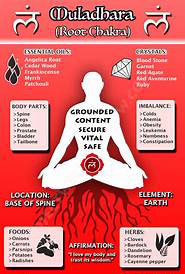
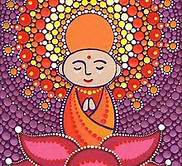

 That’s when he gave it all up for a nice pair of rollerblades and the Pacific Beach Boardwalk.
That’s when he gave it all up for a nice pair of rollerblades and the Pacific Beach Boardwalk. the body is moving and perpendicular.
the body is moving and perpendicular. effort to infuse that into the everyday machinations of my life. It reminds me that I’m connected to a greater mind and I relax and behave better toward others and toward myself.
effort to infuse that into the everyday machinations of my life. It reminds me that I’m connected to a greater mind and I relax and behave better toward others and toward myself.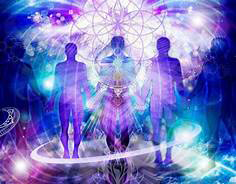 continuing his life or leaving the body and going on with his journey elsewhere.
continuing his life or leaving the body and going on with his journey elsewhere. decided to go back to his earthly body and life, as he had always known it. Little did he know that his life would never be the same after that.
decided to go back to his earthly body and life, as he had always known it. Little did he know that his life would never be the same after that.
 He stuck his finger into the soil and realized that it was very dry and the plant needed water, so he took it downstairs and asked the maid to water it. She did and the plant stopped screaming.
He stuck his finger into the soil and realized that it was very dry and the plant needed water, so he took it downstairs and asked the maid to water it. She did and the plant stopped screaming.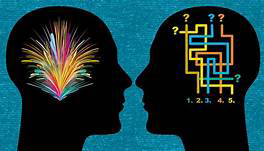





 we make extraordinary attempts to get to a quieter and more reflective place that we can perhaps have a glimpse of the grand and omnipotent Divine that gives birth to all substance but itself, is not substance…a heavenly connection that we cannot express in words, but can only experience in the attending heart of a still, aware and insistent soul.
we make extraordinary attempts to get to a quieter and more reflective place that we can perhaps have a glimpse of the grand and omnipotent Divine that gives birth to all substance but itself, is not substance…a heavenly connection that we cannot express in words, but can only experience in the attending heart of a still, aware and insistent soul.









 She said it was all about experiencing the oneness between the physical, mental and spiritual.
She said it was all about experiencing the oneness between the physical, mental and spiritual.
